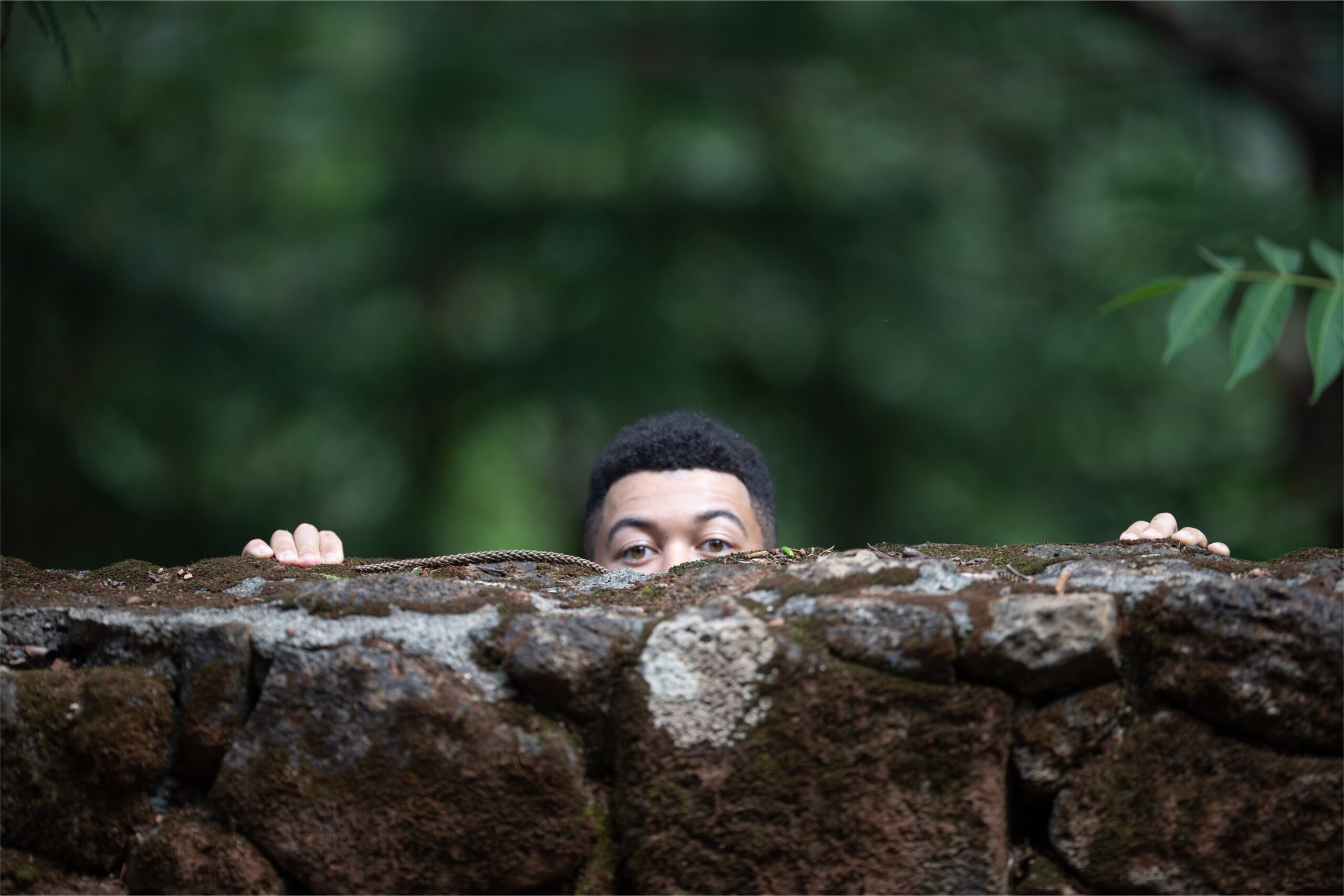It’s natural to feel bad whenever we do something we later regret. True and healthy guilt motivates us to correct our behaviors as we learn from our past mistakes. But it’s easy to fall down the slippery slope of guilt when we’re not careful – taking the blame for things not ours to own.
Of course, we should own our mistakes and make amends every chance we get. We’re not perfect and often our sins are due to ignorance and immaturity rather than any evil intent to cause harm to others. But our poor choices can leave others wounded and hurt all the same.
And this rightly leaves us feeling guilty because we’re called to bring life and goodness to others and not pain and suffering, particularly when it could’ve been avoided.
But we should not be so hard on ourselves that we succumb to false guilt. This is when we accept the blame others project onto us. We’re already feeling bad about what we did and so we drop our defenses and take on every other accusation hurled at us as well.
And whether the other intends to do this or not, we must use wisdom and discernment in figuring out what’s ours and not ours to own.
Falling down the slippery slope of guilt compounds our guilt and shame because we’re no longer living with our integrity. We cannot make things right by compromising what is true regardless of how bad we feel.
Likewise, we do a disservice to the other by taking on this false guilt. This blocks them from dealing with their own issues by keeping the focus and blame on us.
In the end, accept what is yours to own. But don’t let simply feeling bad cause you to fall down the slippery slope of guilt and burden yourself with things not yours to own.
Photo by Luemen Rutkowski on Unsplash


